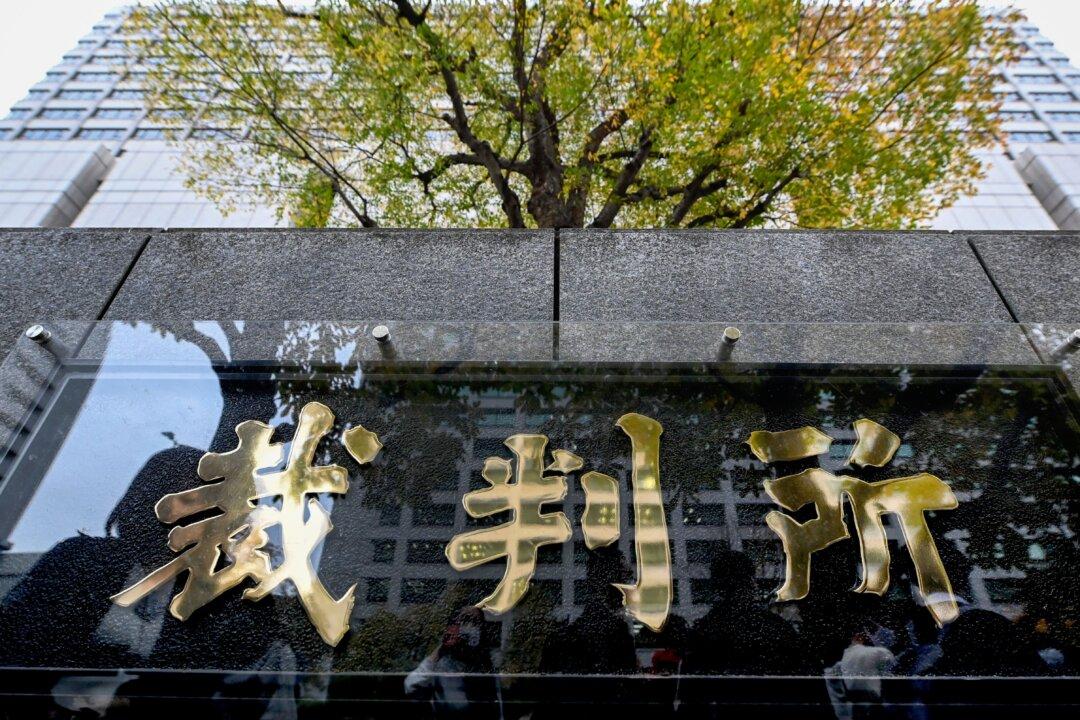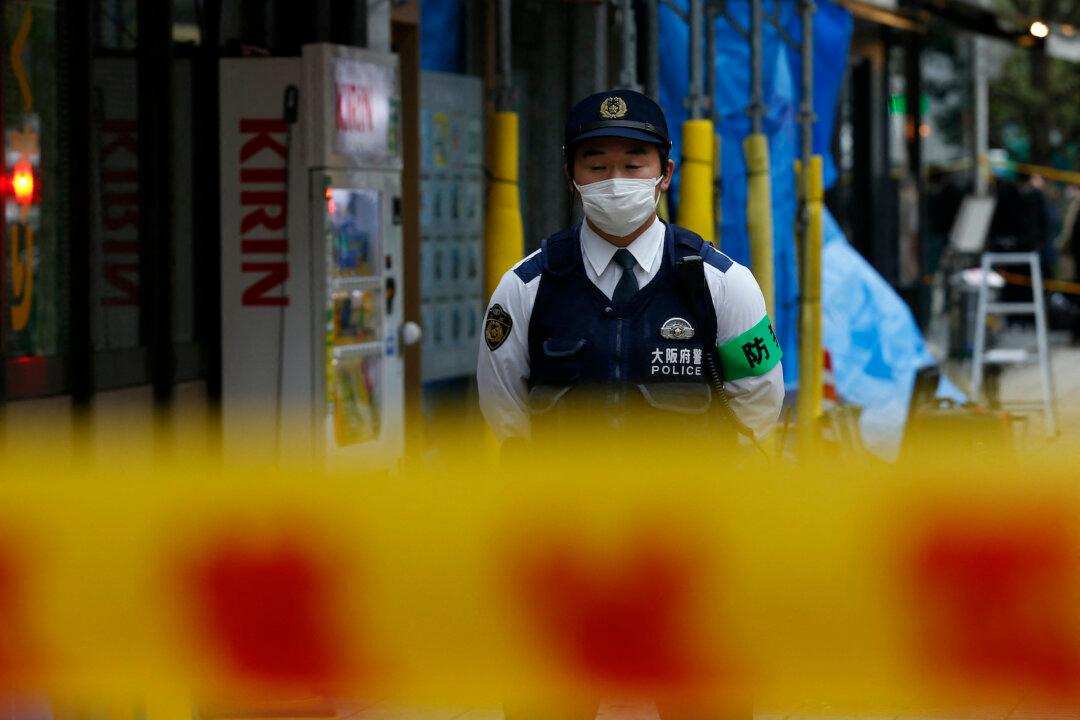Students participated in a preliminary round of a Chinese character dictation competition at a university in Wuhan on Oct. 13, where a freshman scored only two out of 100 and jokingly called himself an “illiteracy” college student.
During the test, the student, identified only as Liu, struggled to handwrite characters and resorted to homophones, i.e., words that sound the same but have different meanings.





